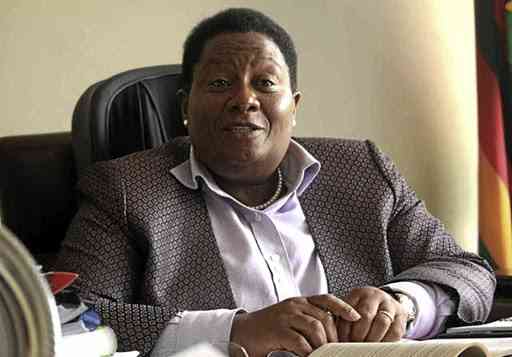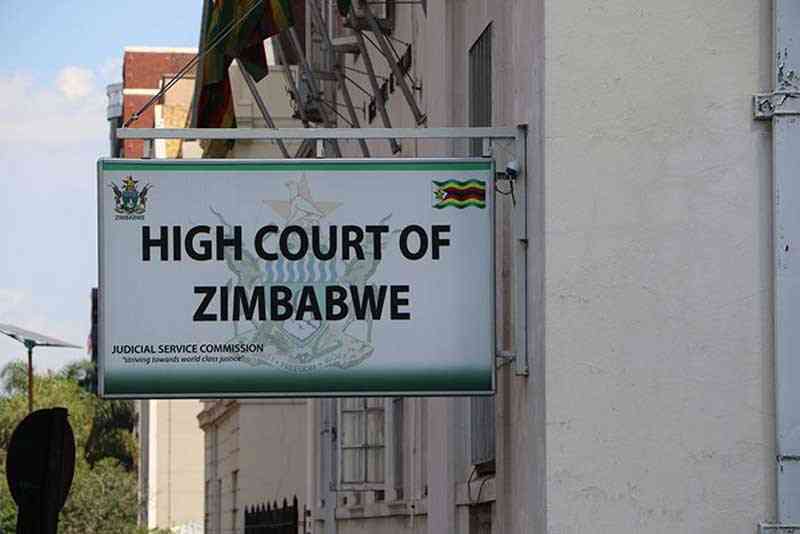
The Zimbabwe Anti-Corruption Commission says criminal abuse of duty and fraud are the most prevalent crimes reported last year, with central government and local authorities recording the highest number of cases.
According to the Zacc 2022 annual report received by the Parliament of Zimbabwe recently, of the 684 reports received by the commission, 332 (48,50%) were about criminal abuse of duty and 247 (36,10%) fraud.
Theft or theft of property, which amounts to 29, money laundering (21), bribery (11), forgery (nine), extortion (six), tax invasion (six), smuggling (four), and three externalisation cases, are some of the reported cases.
“A crime analysis shows that reports of criminal abuse of duty and fraud remain the most prevalent crimes reported in the year under review. These were mostly concentrated in local authorities and rural district councils where the compliance teams had not conducted any reviews,” Zacc said.
“Further categorising these complaints into sectors, from the 684, 335 were against public officials, representing 68,4% of the total reports received; 175 were against officials or entities in the private sector, representing 25,58% of the total; and 66 were against land barons, representing 9,64% of the total.
“Of the 335 complaints received against public officials, 255 were against public officials in various government ministries, and 80 were against public officials in local authorities and parastatals. The commission handled 16 complaints against elected officials, chiefs, headmen and village heads.”
The commission said that cases involving public officials in government were mostly against those in Lands, Agriculture, Water, and Rural Resettlement; Mines and Mining Development; and Local Government and Public Works ministries.
“Forty-six of the complaints were against officials from the Lands ministry, particularly the lands department. Most of the allegations against officials from the local authorities relate to the illegal sale of land or residential stands,” Zacc said.
- Mayhem as schools reject Zimdollar fees
- TIMB boss in court
- Zacc descends on 'delinquent' schools
- A president who’s always seeing enemies, detractors is oftentimes the problem
Keep Reading
“These corrupt tendencies were worsened by the emergence of land barons. For the year 2022, apart from arrests, the commission also focused on improving integrity, accountability and transparency in local authorities.”
In terms of sex offences, 338 offenders were males, 84 were females, and 262 were not specified.
“In essence, 65,5% of the total accused persons were male,” Zacc said.
Former Zacc chairperson Justice Loice Matanda-Moyo said the commission investigated a total of 157 (62%) and referred 134 (53%) dockets to the National Prosecuting Authority of Zimbabwe (NPAZ) from the 253 cases approved by the selection committee for investigations.
“Improved engagement with the NPAZ bore fruit as the year 2022 saw the commission recording a 72% conviction rate of the cases it had referred to the National Prosecuting Authority at the completion of trial,” she said.
“These included the conviction of the former permanent secretary for the Ministry of Mines and Mining Development, three senior officers from the Vehicle Inspectorate Department, and a provincial magistrate.”
From the cases submitted to NPAZ from the previous years, 23 convictions and nine acquittals were realised for the year 2022, amounting to a conviction rate of 72%.
Justice Matanda-Moyo said Cabinet approval of the Witness Protection Bill, which sought to establish legislation for the protection of witnesses, and the Public Interest Disclosure (Protection of Whistleblowers) Bill, protecting individuals that provide information regarding illicit activities within the organisations they are employed in, was a milestone.
“These two Bills are crucial to the fight against corruption, as they are expected to improve public confidence in the fight against corruption.
“For the past years, the commission has observed the victimisation of witnesses before, during, and after the commencement of trial,” she said. “This was derailing the fight as citizens were no longer confident enough to come forward to report or testify without adequate protection.
“For the prevention of corruption programme, the commission continued with the provincial awareness campaigns that had been thwarted by COVID-19. This strategy targeted the rural areas in the different provinces, as these areas are usually marginalised.”











